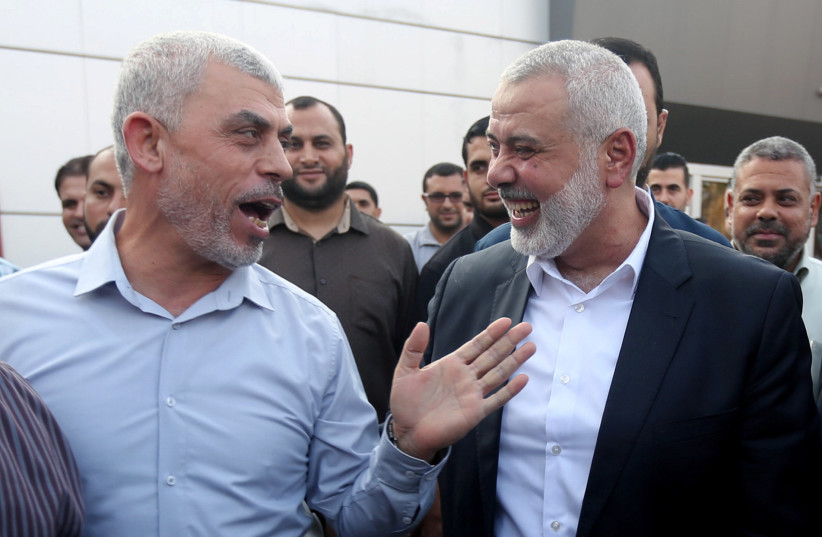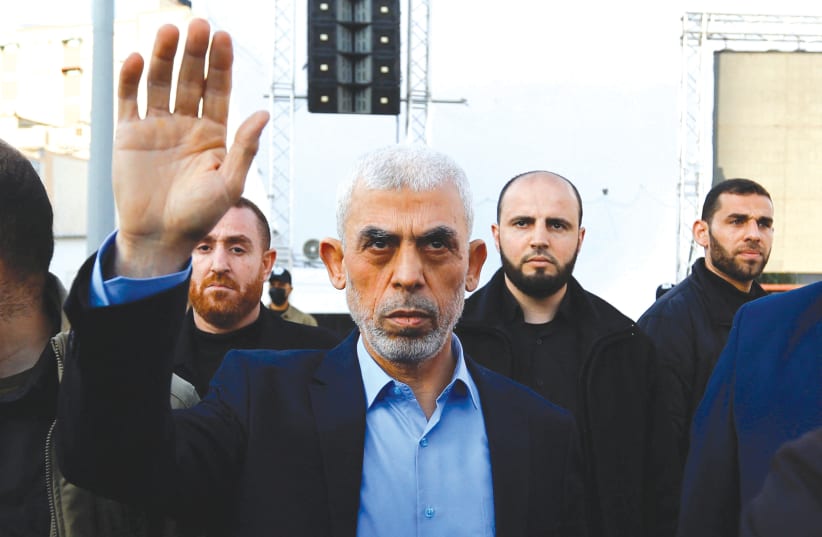As Doha, Qatar, pushed for an agreement before the month-long Ramadan holiday that begins on March 10, one of Hamas' leaders in The Gaza Strip, Ismail Haniyeh, stated in an interview on Wednesday that Hamas is showing flexibility concerning the hostage deal but is also ready to continue fighting.
Israel and Hamas, which both have delegations in Qatar this week, are hammering out details of a potential 40-day truce, having said there is still an enormous gulf between them, and the Qatari mediators say there is no breakthrough yet. Doha and Cairo, working in conjunction with the United States, have been the main negotiators for the deal.
Hostages for a ceasefire
In the most severe push so far for a deal for the release of the remaining 134 captives held since October 7, Hamas is weighing a proposal, agreed by Israel at talks with mediators in Paris last week, for a 40-day pause to the fighting that would inevitably due to its timing delay a military operation in Rafah.

A senior source close to the talks said the Paris Text would see Israeli troops pull out of populated areas and around 40 hostages go free, including women, those under 19 or over 50, and the injured, in exchange for around 400 Palestinian detainees.
However, it does not appear to meet Hamas' demand for a permanent end to the war and a complete IDF withdrawal or resolve the fate of the remaining male hostages, including those actively serving in the army or who are in the reserves.
Ramadan's effects on a possible deal
One Palestinian official knowledgeable of the hostage talks told Reuters mediation efforts were intensifying, but there was no certainty of success." He then added that "time is pressuring because Ramadan is closing in, and mediators have stepped up their effort" and finished with "It is early to say whether there will be an agreement soon, but things are not stable."
Defense Minister Yoav Gallant asked at a press briefing about Biden’s optimistic comments on Monday that a deal could be reached by next week, saying, "Who am I to express an opinion about what the president said? I very much hope that he is right. A hostage deal would also allow for the distribution of humanitarian aid in Gaza, which has been difficult due to the fighting.
The United States has hoped that the pause in the war would breathe life into a revived effort for a Saudi defense pact that would include a regional peace deal that could also spell an end to the war.
